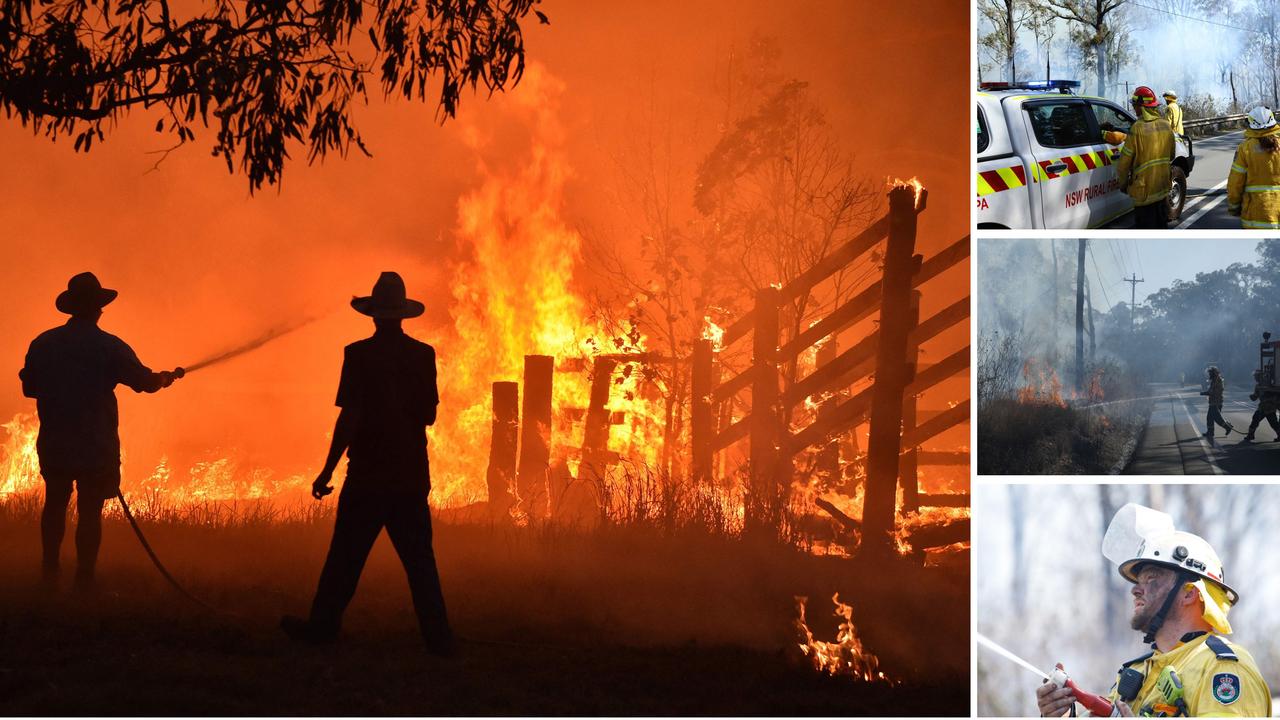Tributes flow for prominent cattleman Malcolm Roberts
A cattleman and prominent industry advocate is being remembered for the hard work and tenacity that saw him rise from a life of poverty.
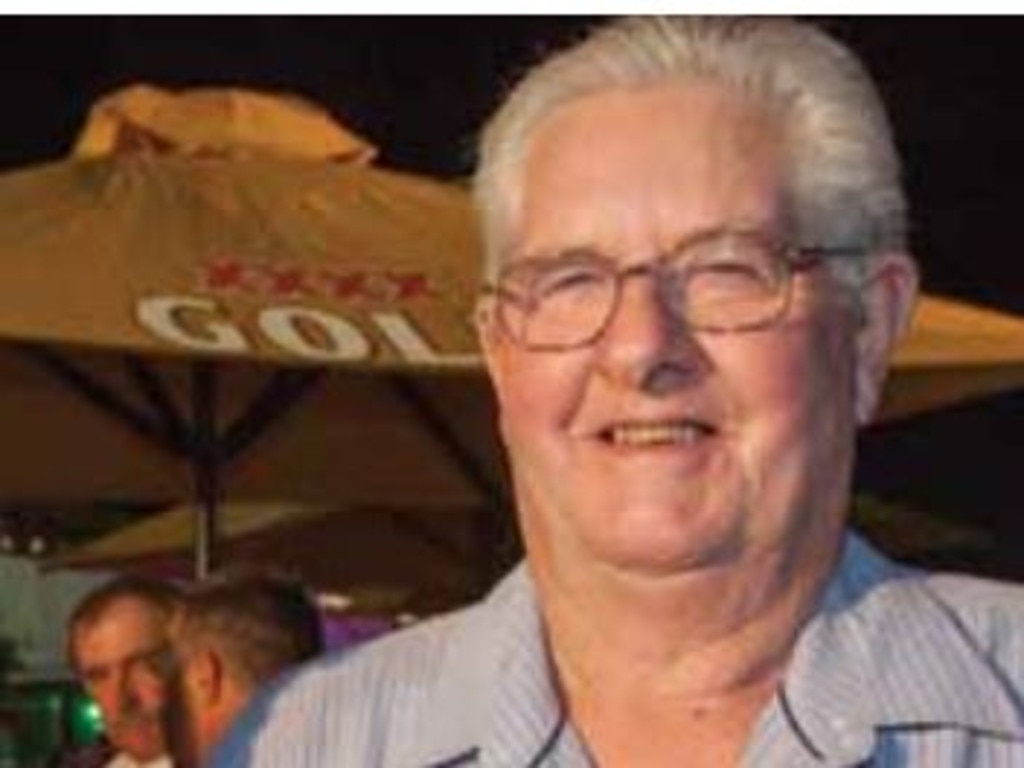
Malcolm Roberts, pastoralist, publican, cattle industry advocate and self-made man, died on September 9 aged 89.
His wife of 32-years Marianne Roberts told the NT News he would be remembered as a “rough diamond” who started out with nothing and through hard work built a rich life in the Territory,
Born on a farm in Redbanks, South Australia, the young boy dreamt of inheriting the property and working on the land, but his grandfather’s scandalous affair with the nurse of his dying wife, changed the trajectory of Malcolm’s life.
With his family bereft of assets and living in poverty, Malcolm left school early to start out on his own. One of his early jobs was as stock agent.
“He sold millions of dollars of livestock, grain and real estate and drove a million miles in bad cars on bad roads,” said his son Grant in a heartfelt tribute to his father.
During this time he married and decided to seek his fortune in the Northern Territory. The focused young dad of two, went on to become part-owner and manager of the Singleton Station, on the edge of the Tanami Desert, and buy the Wauchope pub which sat in the middle of the property. He also started a business mustering cattle with a light aircraft, across huge properties in the Barkly Tablelands and the Victorian River district.
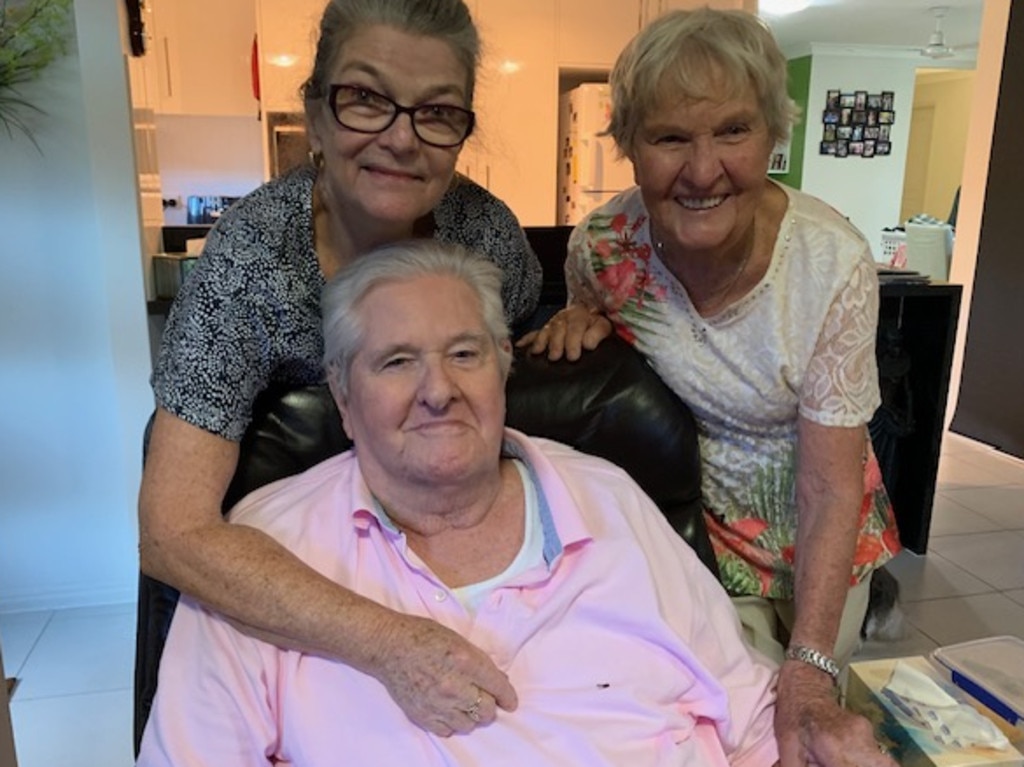
Malcolm’s move to Alice Springs to join Builders Real Estate in 1978, saw the start of his decades of advocacy for the cattle industry. He played a significant role in the amalgamation of the Northern Territory’s four cattle associations into the first NT Cattleman’s Association and would go on to become its president in 2013.
On awarding the association’s life member medal to Malcolm, the then NTCA president Grant Heaslip commented on the significance of his friend’s contribution to the cattle industry:
“Malcolm was the sole person responsible for enlarging and upgrading the Roe Creek yards, after the NTCA purchased them for the NT Government (and) he was the architect who installed the weight facilities when more advanced selling procedure were required for the marketing of cattle.
“Malcolm was a stickler for finite detail and integrity. That integrity is still paramount today, it is why the NTCA still enjoys such a highly respected profile that many other Australian organisations can only envy.”
This week, Marianne Roberts said her husband and father-of-two would think his most important achievement was “attaining the security that he never had as a child.”
“He was a man’s man, but he had a gentle heart and would do anything for anybody.”
With the family’s permission we publish Grant Robert’s moving eulogy to his father Malcolm.
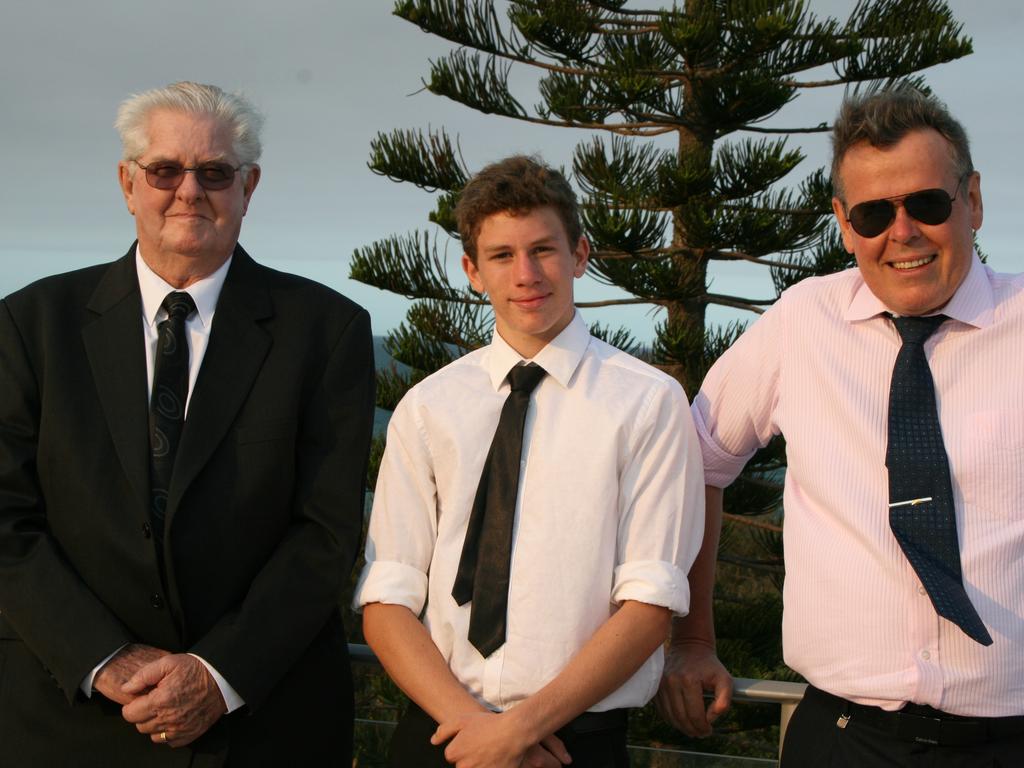
“He could list with great satisfaction his long list of medical problems, any one of which could have killed him, but he was clear that he had had a good and lucky life and he had enjoyed it” - Grant Roberts
Malcolm Melville Roberts was born on April 26, 1934 to Melville Roberts and Margary neé Marshman. Melville and Margary farmed at Redbanks, SA. Melville died in September 1939, and the family moved into a house in Mallala where Malcolm and his younger sister Rosemary attended school.
Social welfare in those days was limited and the family was poor, relying on relatives on his mother’s side dropping off a sheep from time to time to get by. Malcolm slept out on the veranda for most of this time so that the bedroom could be rented out to air force officers and ‘bank johnnys’ for cash to pay bills.
Malcolm served in the RAAF as ground crew on Lincoln bombers during his National Service when he left school.
Malcolm was let down by his grandfather who had an affair with the live-in nurse of his dying wife and so the family capital was diverted and young Malcolm was not able to take up farming as his father and mother had wanted, something that was a source of sadness for Malcolm’s entire life.
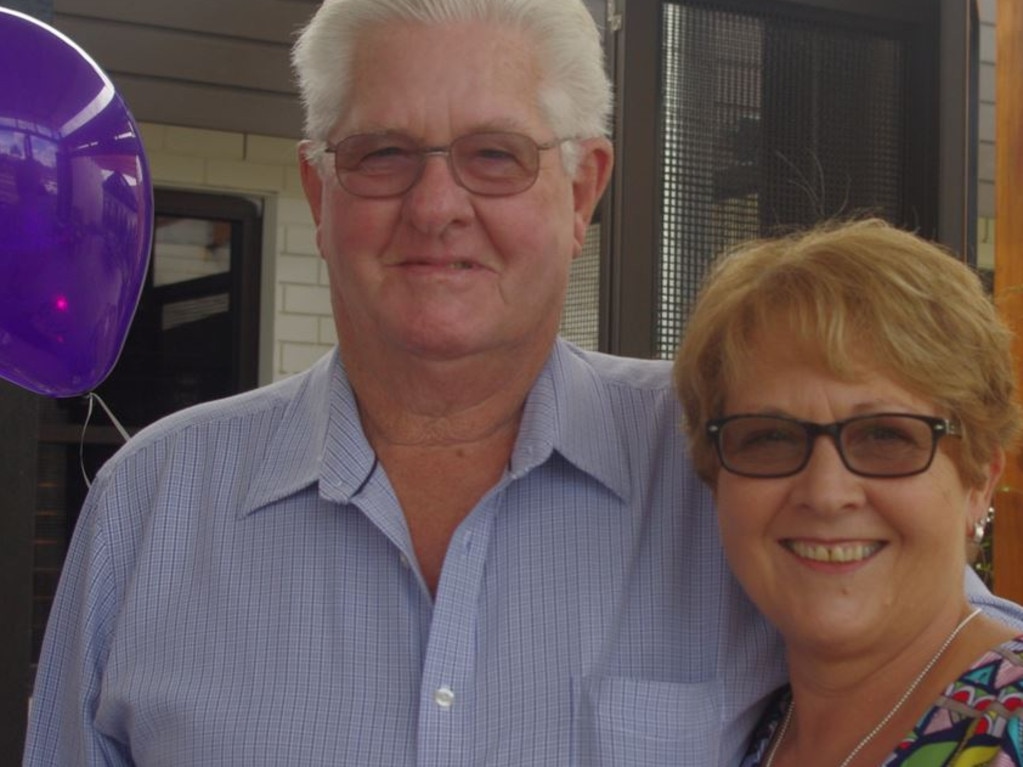
Malcolm therefore took on the typical career of smart but poor rural lads and became a stock agent, in several SA towns like Crystal Brook, Snowtown, Kangaroo Island, Broken Hill, Wilmington, and Orroroo. He sold millions of dollars of livestock, grain, and real estate, and drove a million miles in bad cars on bad roads. He remembered how his cars had entire suspensions replaced at short intervals, and tyres might last a month. This was in the days before bullbars, spotlights, and fast 4wd wagons.
During this time Malcolm married Janice Arthur and became the proud father of a daughter Andrea and a son Grant. With their future in mind, Malcolm left behind the offer of a senior position and went to the Northern Territory to seek his fortune. He operated Singleton cattle station on the edge of the Tanami Desert but when that didn’t pay following the cattle glut in the mid-1970s, he went big and borrowed enough money to buy a ‘wayside inn’ that happened to be for sale in the middle of that cattle station – a country pub at Wauchope, 72 miles south of Tennant Creek. The hours were long but this business did pay and Malcolm began to rise in the world.
Malcolm also started another business mustering cattle using a light aircraft for the huge properties in the Barkly Tablelands and the Victoria River District. He prided himself on his ability as a cattleman to bring out more cattle in less time for less money, and without the deaths due to heat stress that he saw in helicopter mustering.
He was also proud that in all his years flying light aircraft in remote areas, operating from rough and short airstrips and refuelling from drums and jerry cans, he never damaged an aircraft. In fact his aircraft were always polished and in tip-top shape, albeit with occasional golden orb spinner giant spider webs picked up on the wingtips. By a complicated story, he came to be looking after a miniature Poodle, and it was a source of great merriment for the hard-bitten stockmen to see it clearing giant Santa Gertrudis bulls from a dirt airstrip by sheer force of personality.
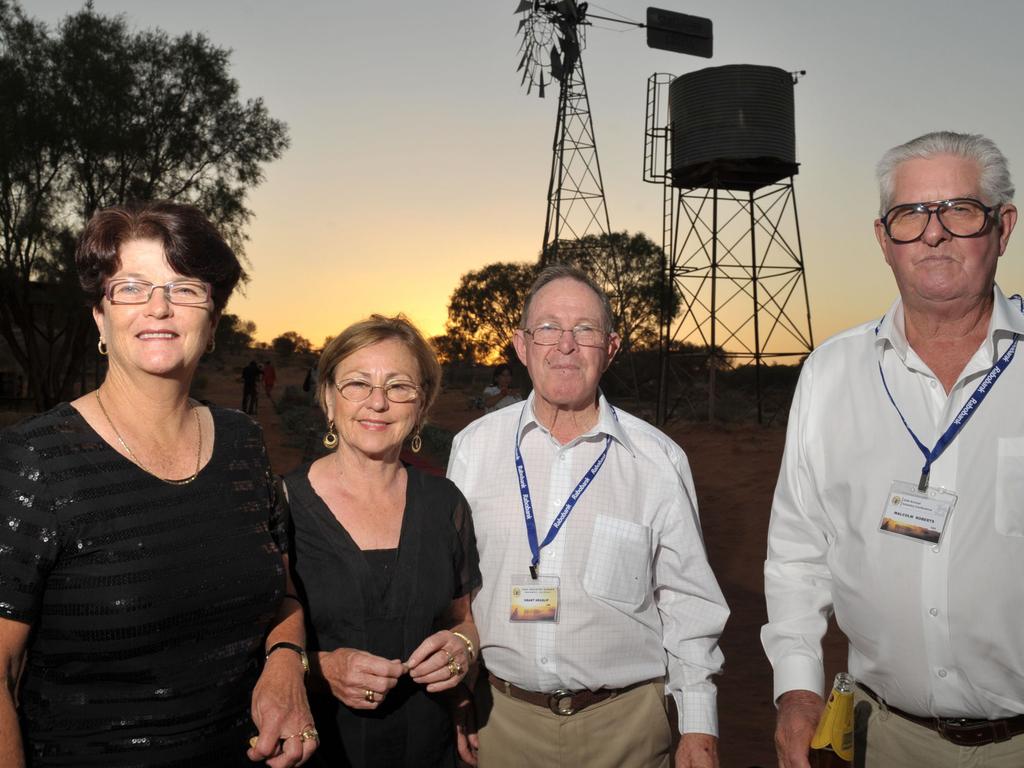
At the end of the 1970s, after his marriage breakdown, Malcolm sold up and moved to Alice Springs, buying into a real estate business. This was before modern communications, and station people found it difficult to run their businesses relying on telegrams sent over HF radios on RFDS scheds, and long trips to somewhere with a postal service. By a natural process, Malcolm became a communications hub for his mates in the bush particularly on cattle industry matters. In time his office became the Central Australian Pastoralists Association and he its honorary Secretary.
It was during this time that Malcolm had a central role in the development of the new Bohning trucking yards at the railhead just south of Alice. This included many public servants and consultants receiving phone calls and letters from the CAPA that were best described as corrective tune-ups as only Malcolm could deliver. Eventually the territory government realised that cattle growers knew best and handed over the design and construction to the CAPA. The result was twice the infrastructure for the money.
More Coverage
Also during this time Malcolm met and married Marianne, the love of his life and the woman with whom he would spend the rest of his life.
In 1990 Malcolm sold up again and moved to Emu Park, to a small retirement property that he named after the property in Redbank that he lost following the death of his father. Malcolm enjoyed his time, flying and taking up the great Queensland pastime of slashing and mowing. He also continued his involvement in the cattle industry, doing some work for the Cattlemens Union and some consulting.
In time he gave up the block and moved to a house in Yeppoon, diligently working on his love of mown grass and nicely raked gravel. In recent years he moved to a smaller house in Rockhampton with Marianne, adamant that he would never go into a nursing home. Eventually the effects of his hard life caught up with him. He could list with great satisfaction his long list of medical problems, any one of which could have killed him, but he was clear that he had had a good and lucky life and he had enjoyed it. He died on 9th September 2023 at the age of 89, and will be missed by the people that he loved and that loved him.




